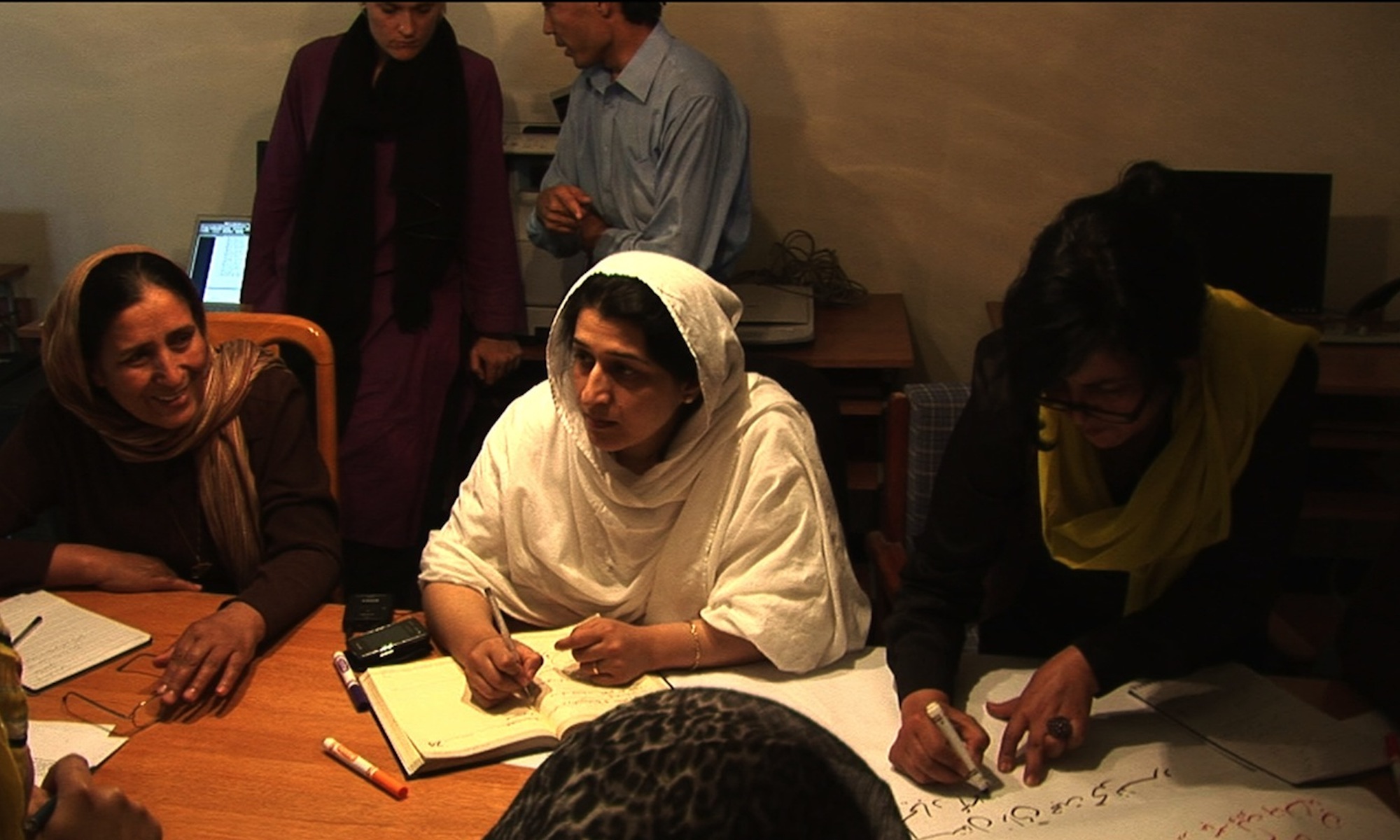Values are preferred events, “goods” we cherish; and the value of respect, “conceived as the reciprocal honoring of freedom of choice about participation in value processes,” is “the core value of human rights.” In a world of diverse cultural traditions that is simultaneously distinguished by the widespread universalist claim that “human rights extend in theory to every person on earth without discriminations irrelevant to merit,” the question thus unavoidably arises: when, in human rights decision-making, are cultural differences to be respected and when are they not? The question arises early in the nation-building enterprise where demands to preserve cultural traditions clash with demands to adhere to universal (and largely external) human rights standards.

INSCT Postconflict Research Database
The Institute for National Security and Counterterrorism's Postconflict Research Database & Analysis Project stores cross-indexed bibliographic information on hundreds of journal articles, books, book chapters, and case reports that address the broad, interdisciplinary fields of postconflict reconstruction, stabilization, and peacebuilding.
48 Replies to “Human Rights and Nation-Building in Cross-Cultural Settings”
Comments are closed.